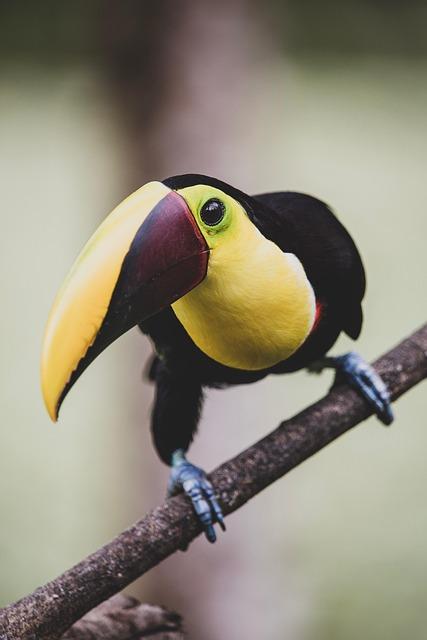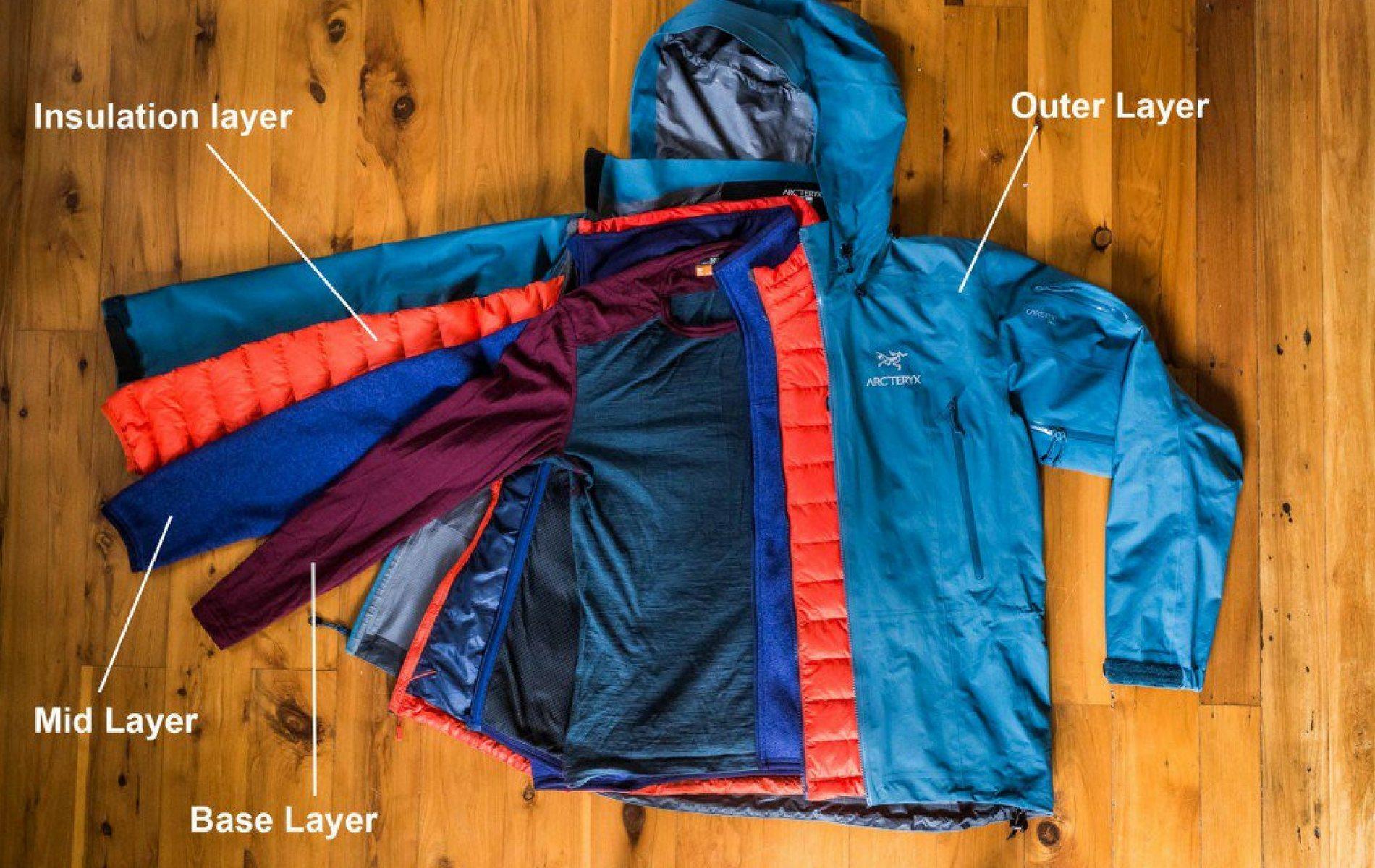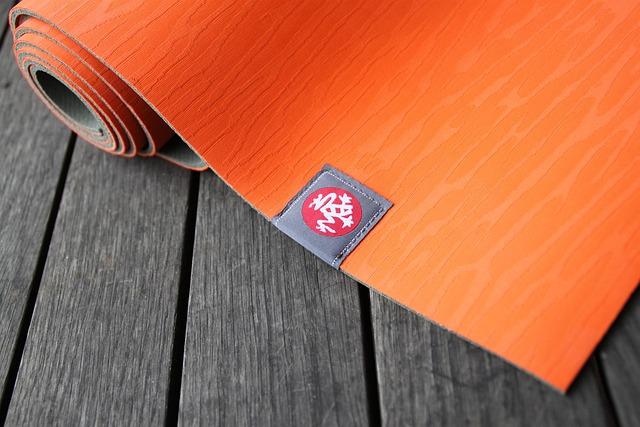In the ever-evolving landscape of online travel agencies, garnering the loyalty of content creators has become a pivotal strategy for platforms vying for attention and revenue in 2025. As digital nomads, travel bloggers, and influencers continue to shape the travel industry, the intricacies of commission structures offered by these giants have emerged as a central focus. This article delves into the compelling competition between Expedia and Booking.com, two titans of the travel domain, as they seek to attract and retain the crucial network of content creators.By examining their respective commission frameworks, benefits, and opportunities, we aim to reveal which platform might hold the upper hand in nurturing these creative partnerships. Join us as we navigate the terrain of commissions, collaborations, and content in the bustling world of travel marketing, to uncover where the real value lies for creators in 2025.
The Evolution of Commission Structures in Travel booking Platforms
As the landscape of travel booking accelerates toward the future, understanding the developing commission structures is imperative for content creators aiming to monetize their travel-related content. In 2025,both Expedia and Booking.com are likely to introduce innovative commission models that cater to the dynamic needs of content creators. While historically, commission rates have hovered around a standard percentage of sales, the advent of new technologies and competitive market conditions has prompted both platforms to rethink their approaches. Creators may soon see options such as tiered commission rates based on performance, affiliate bonuses for recurring customers, and even revenue share agreements tailored to the creator’s audience engagement metrics.
The pros and cons of each platform’s evolving commission structures will be intriguing to analyze. For instance, the table below summarizes some anticipated features for content creators in 2025:
| Feature | Expedia | Booking.com |
|---|---|---|
| Standard Commission Rate | 10% – 15% | 15% – 20% |
| Bonus Incentives | Performance-based bonuses | Recurring customer rewards |
| Exclusive Promotions | Seasonal offers | Customized deals for followers |
As commission structures evolve, factors like user experience and brand alignment will also play an essential role in a content creator’s choice of platform. Enhanced tools for tracking performance, integrated marketing solutions, and increased adaptability in commission agreements are just some of the features that could differentiate Expedia and Booking.com as they cater to the growing needs of creators in the travel niche. thus, content creators will need to stay informed to strategically align their business models with the most beneficial platform moving forward.

Comparative Analysis of Revenue Models: Expedia versus Booking.com
In analyzing the revenue models of expedia and Booking.com, one must consider how each platform crafts its commission structures to appeal to content creators.Expedia, traditionally a one-stop-shop for travel bookings, utilizes a commission-based model where affiliates earn a percentage of each sale made through their referrals.This percentage can vary substantially based on factors such as the type of bookings (hotels, flights, packages) and promotional deals offered.Conversely, Booking.com has a more flexible approach, allowing creators to earn not only through commission rates but also performance bonuses, which can incentivize high achievers in generating bookings. This dual-strategy enables Booking.com to attract diverse content creators,fostering a competitive edge in the affiliate market.
When further exploring commission structures, it’s crucial to note the differences in payouts and potential earnings. The following table highlights the key distinctions in the commission percentages offered by both platforms:
| Platform | Commission Rate | Performance Bonuses |
|---|---|---|
| expedia | 3% – 12% | Limited |
| Booking.com | 25% – 40% | Available based on performance |
Ultimately, the choice between the two platforms for content creators may hinge on individual goals and content strategies. while Expedia’s steady, albeit narrower commission range may appeal to creators looking for simplicity, Booking.com’s aggressive commission strategy combined with performance incentives can significantly boost the earnings for those who can maximize their traffic and conversion rates. Thus, understanding these models is essential for creators to align their content with the platform that best suits their needs.

Maximizing Earnings as a Content Creator: Strategies and Insights
In the evolving landscape of travel and online booking, understanding the commission structures of platforms like Expedia and Booking.com is crucial for content creators aiming to optimize their earnings. Both platforms offer distinct commission rates and bonuses that can significantly impact revenue. Expedia tends to provide a higher base commission, often ranging from 10% to 12%, with regular promotions that allow for increased earnings during peak travel seasons. This not only incentivizes creators to promote Expedia but also offers opportunities for additional perks through affiliate marketing partnerships, including tiered bonuses based on performance metrics.
On the other hand, Booking.com employs a more dynamic approach, allowing creators to engage with their audience with more flexibility. The platform’s commission rates range from 15% to 20%, which can be appealing for those willing to target specific accommodations that offer higher payouts. Creators also benefit from a wide array of tools, such as customizable banners and landing pages, making it easier to tailor content to their audience’s interests. Below is a simple comparison of the two platforms’ commission structures:
| Feature | Expedia | Booking.com |
|---|---|---|
| Base Commission Rate | 10% - 12% | 15% – 20% |
| Performance Bonuses | Yes | Limited |
| Customization Tools | Basic | Advanced |
| peak Season Promotions | often | Occasionally |

Future Trends: The Shifting Landscape of Affiliate Marketing in Travel
The travel industry’s shift towards digital transformation is creating a dynamic environment for affiliate marketing. As more travelers choose to book their trips online, platforms like Expedia and Booking.com are adapting their commission structures to attract content creators.In 2025, content creators will find that these platforms might offer tailored commission rates, incentives for high-performing affiliates, and innovative promotional tools to enhance engagement. This evolution will empower creators to forge deeper connections with their audiences through personalized travel experiences.
Key trends that may shape the commission framework include:
- Performance-Based Incentives: Platforms might implement tiered commission models to reward top-performing affiliates,encouraging higher engagement.
- flexible Commission Structures: A shift towards flexible commission rates based on user demographics and engagement metrics can attract diverse influencers.
- Enhanced Analytics Tools: Providing sophisticated analytics tools can definitely help content creators optimize their strategies and maximize earnings.
To illustrate the possible differences in commission structures, consider the following table depicting hypothetical rates for 2025:
| Platform | Standard Commission | Incentive Commission (Top 10% Performers) |
|---|---|---|
| Expedia | 5% | 7% |
| Booking.com | 4% | 6% |
In Conclusion
In the bustling digital marketplace of 2025, both Expedia and Booking.com emerge as key players in shaping the relationship between travel platforms and content creators. As we’ve explored, the commission structures offered by both platforms present unique advantages and challenges, catering to different strategies and audience engagements.
Choosing between them is not simply a matter of numbers; it’s about aligning with a platform that resonates with your personal brand and content vision. Whether you prioritize higher initial commissions, long-term partnership potential, or the type of audience you wish to attract, each platform offers distinct pathways for creators like you to thrive.
As the travel landscape continues to evolve, so too will the opportunities within these platforms. The key takeaway? The ideal choice isn’t a one-size-fits-all solution but rather a thoughtful selection that reflects your unique approach to travel storytelling and content creation. Keep an eye on emerging trends, evaluate your goals, and continue to engage with your audience. After all, the journey of content creation in the travel space is just as vital as the destinations you share. Happy traveling, and may your creative adventures flourish across whichever platform you choose!













Leave feedback about this